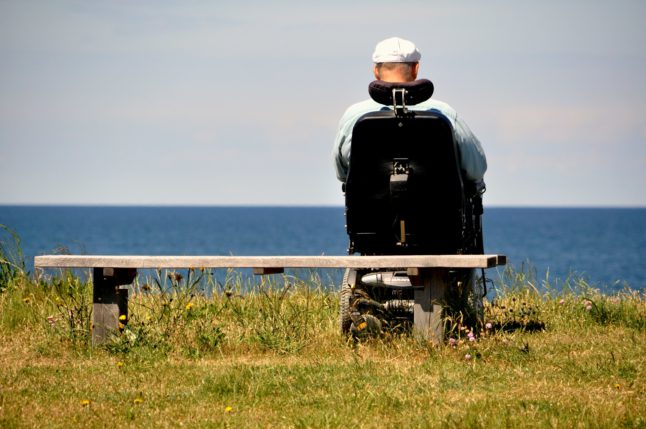The initiative, launched over three years ago by a group in defence of illegal migrants, was signed by more than 600,000 people and supported by some 900 associations.
It calls for the implementation of mechanisms that would allow undocumented migrants living in Spain to “leave a situation of invisibility and of ‘no rights'”.
“According to the most recent estimates, between 390,000 and 470,000 people are in an irregular situation in Spain, a third of whom are minors,” the text initiative said, although most media sourced put the figure at closer to 500,000.
Yet, “the criteria for obtaining a residence permit are very restrictive” and the procedure for obtaining a permit is “slow, bureaucratic”, the initiative added.
While the ruling Spanish Socialist Workers Party (PSOE) is in favour of parliament examining the proposed law, they remain cautious, saying European law does not allow for general legalisation of undocumented migrants.
But the backers of the initiative say that mass legalisation policies have been implemented several times over recent decades in the European Union, including in Spain.
PSOE politician Elisa Garrido said it was not difficult to “share… the laudable objective” of this initiative to “restore dignity and provide a regularised administrative situation to people who live in our country and have rights”.
The writers of the initiative say the current situation harms the “fundamental rights” of undocumented immigrants, who are not taxed, causing a “significant economic and fiscal loss” for Spain.



 Please whitelist us to continue reading.
Please whitelist us to continue reading.
Member comments